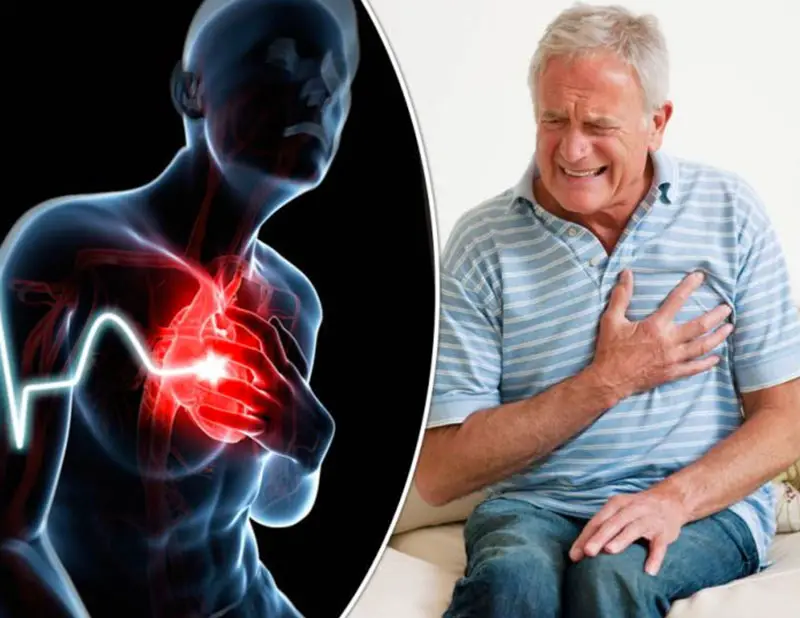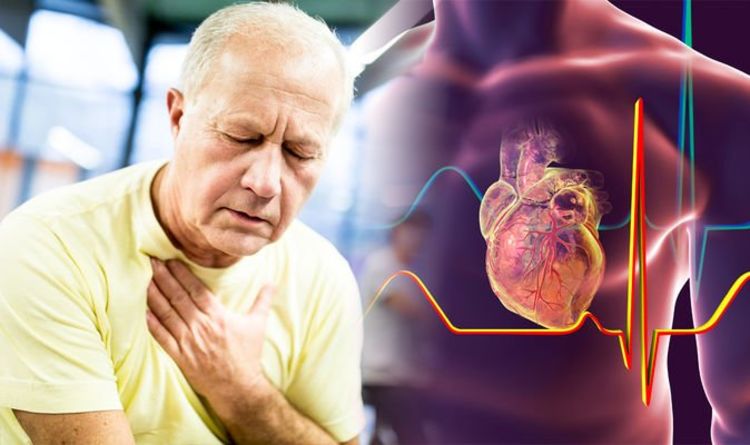The heart, a cornerstone of our well-being, serves the critical role of pumping blood and oxygen to sustain the health of all our tissues and organs. Nonetheless, factors can occasionally weaken the heart, leading to severe health complications.

Recognizing the indications of a weakened heart is paramount to seeking prompt medical care and sidestepping potential complexities.
This article underscores five key signals that demand immediate consultation with a cardiologist to assess your cardiac health.
1. Overwhelming Fatigue and Unexplained Weakness
Sustained and unaccountable fatigue can act as harbingers of a weakened heart. If your energy remains depleted despite ample rest, it may well suggest that your heart is inadequately circulating blood to fulfill your body’s demands.
2. Breathlessness, Even During Mild Exertion
Experiencing difficulty in breathing, particularly when engaging in minimal physical activity, serves as an early cautionary sign of a feeble heart. Impaired blood circulation can induce fluid retention in the lungs, hampering the process of respiration.
3. Irregular Heartbeat: A Warning Signal
Should you perceive an irregular rhythm of your heart or encounter frequent palpitations, it’s imperative to promptly seek medical intervention. An erratic heartbeat could be indicative of cardiac arrhythmias, necessitating medical intervention to avert potential complications.
4. Swelling in Lower Extremities: A Subtle Alarm
Persistent swelling in the lower extremities – the feet, ankles, and legs – may point to heart failure. A weakened heart’s inability to efficaciously pump blood can lead to fluid accumulation in the body, primarily affecting the lower limbs.
5. Chest Pain and Discomfort: An Urgent Call
Chest pain and discomfort should never be brushed aside, as they might indicate an underlying cardiac issue.
Should you encounter intense chest pain, a sensation of constriction, or general chest discomfort, seeking immediate medical assistance is crucial, as these could potentially be indicative of angina or a heart attack.
Significance of Cardiac Assessment
Understanding that signs of a feeble heart warrant immediate attention and mustn’t be ascribed to alternate origins is paramount.
If you detect any of these warning signs, seeking medical attention at the earliest juncture is imperative.

Cardiologists specialize in diagnosing and treating heart conditions, and they can evaluate your cardiac health through clinical examinations, diagnostic tests, and risk factor analysis.
A comprehensive cardiac assessment can expedite the identification and management of heart-related problems, thereby exerting a significant influence on disease progression and control.
Furthermore, if you possess risk factors like a family history of heart ailments, diabetes, elevated blood pressure, or heightened cholesterol levels, regular cardiac screenings coupled with a healthy lifestyle become even more indispensable.
The manifestations of a weakened heart demand heed and action. In case you grapple with extreme fatigue, breathlessness, irregular heartbeat, lower extremity swelling, or chest discomfort, it is critical to urgently seek medical attention.
A cardiologist can conduct a thorough assessment of your heart health and offer an accurate diagnosis and suitable treatment regimen. Remember that preventive measures and early detection are fundamental to nurturing a healthy heart and averting grave complications down the line. Prioritize your heart health and embrace a lifestyle that reflects that commitment!
